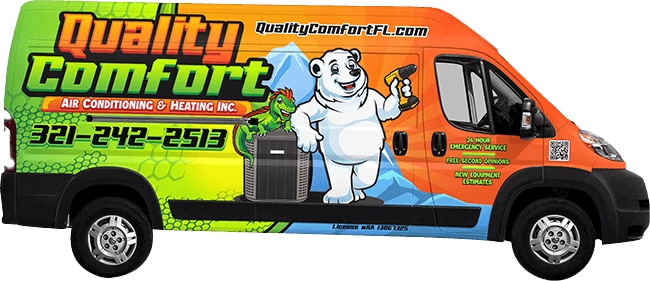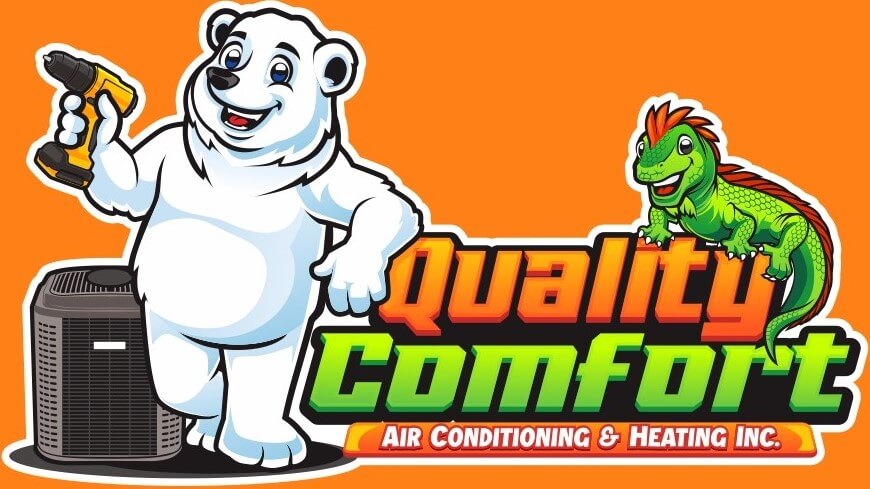


Imagine a sweltering summer afternoon. You retreat to your cool haven, only to find that your air conditioner is blowing warm air. You realize that your ac compressor is not turning on. Frustrating, isn’t it? An AC compressor is a vital cog in the air conditioning wheel, and any hiccup can leave you high and dry, literally. Understanding the AC compressor, its function, and common issues can empower you to troubleshoot effectively, ensuring your home remains a cool retreat.
Imagine your AC compressor as the heart of your AC system, pumping life-saving cool air into your home through the compressor. As a critical component of your air conditioning unit, the AC compressor compresses refrigerant. This refrigerant absorbs heat from your home’s interior coil located in your air handler. Air conditioning compressors play a vital role in this process.
However, like any other machinery, the AC compressor can falter. A malfunctioning HVAC compressor might not compress the refrigerant effectively, leading to insufficient cooling. This is why it’s essential to have a professional HVAC technician from Quality Comfort Air Conditioning And Heating Inc. assess your air conditioning unit. We can accurately diagnose and repair any issues, ensuring you’re not left sweating it out on hot days.
So, what might cause your AC compressor not to activate? The reasons can be as numerous as the drops of sweat trickling down your forehead on a hot day. However, some common culprits include power supply issues, wiring faults, and problems with the capacitor and starter relay.
Imagine you’ve planned a road trip, and filled your tank with fuel, but your car just won’t start. Frustrating, right? Much like your car, your AC compressor needs a proper power supply to function. So, if your AC compressor isn’t working.
But how do you ensure your AC compressor is getting the power it needs? Set your thermostat to “cool” and lower the temperature setting below the room’s temperature. Check your circuit breakers. If everything checks out, but your AC compressor still refuses to turn on, the issue could lie within the unit itself. Its time to call Quality Comfort at 321-242-2513
Electrical wiring is like the nervous system of your AC unit, transmitting vital signals that keep it functioning. But what happens if your wiring is faulty? A circuit breaker might trip, and dealing with faulty wiring is like trying to communicate over a bad phone connection - messages get lost, leading to miscommunications. In the case of your AC unit, this might mean your compressor not turning on.
While you can inspect wiring connections for damage or loose connections, electrical repairs are best left to the professionals. After all, dealing with electrical components can be dangerous if not handled correctly. It’s always wise to err on the side of caution and let a professional HVAC technician handle any electrical issues.
Consider the capacitor and starter relay as the ignition system of your AC unit, giving the initial push that sets things into motion. When they malfunction, it’s like trying to start a car with a dead battery. Signs of the capacitor and starter relay issues can include the compressor not turning on, humming noises from the unit, or warm air emanating from your vents.
While these components can be replaced, it’s a task best left to the professionals. Remember, your AC unit, including the outdoor unit, is a complex piece of machinery, and attempting DIY fixes without the necessary expertise can lead to further damage or even potential safety risks.
While some AC compressor issues require professional attention, there are a few checks and fixes you can try yourself. Think of these as first-aid for your ailing AC unit - quick measures that could get your AC compressor back in action.
Start by verifying your power supply, thermostat settings, and circuit breakers. Check your air filters - a dirty filter can clog the entire air conditioning system, causing your AC compressor to overwork and eventually lead to AC compressor failure. Cleaning or replacing your air filters can help ease the strain on your AC compressor.
Just like a dirty filter, dirty condenser coils can lead to your AC compressor overworking, leading to potential breakdowns.
While it’s empowering to troubleshoot and fix minor issues yourself, knowing when to call in a professional is equally important. If you suspect electrical issues or refrigerant leaks, it’s time to call in a professional HVAC technician at Quality Comfort. These issues require specialized knowledge and equipment to address, and trying to fix them yourself can lead to serious injury or further damage to your AC unit.
Remember, it’s better to shell out for professional help than risk causing more damage in an attempt to save money.
As the saying goes, prevention is better than cure. Regular maintenance of your AC unit can go a long way in preventing AC compressor issues. It’s like taking your car for regular tune-ups - it keeps it running smoothly and helps catch potential issues before they become expensive problems.
Scheduling annual tune-ups with a professional HVAC technician at Quality Comfort Air Conditioning And Heating Inc. can help prolong the lifespan of your AC compressor. We will inspect your AC unit, clean and lubricate components, check for potential issues, and ensure your unit is running at optimum efficiency.
If you’ve ever had a major car repair, you know that sinking feeling when you hear the cost. AC compressor repairs or replacements can also hit your wallet hard. The cost can vary depending on the brand, type, and size of your unit, and can range from $3000 – $5000.
However, before you panic at the price tag, consider factors such as the age and efficiency of your unit. If your unit is older and less efficient, it might be more cost-effective in the long run to replace the entire unit. Quality Comfort offers financing options that can make replacing your air conditioner or your heat pump affordable.
Just like any other machine, your AC compressor has a lifespan. But how do you know when it’s time to replace it? Some signs are clear as day - frequent breakdowns, elevated energy costs, and inadequate cooling performance, to name a few.
Other signs might be less obvious. You might notice unusual noises or your AC system not cooling properly. If you notice any of these signs, it’s time to call in a professional HVAC technician for a thorough inspection.
Just like any major purchase, your AC compressor likely comes with a warranty. But do you really understand what it covers? Your warranty is like a safety net, providing coverage for repairs or replacements.
Most leading brands offer a 10-year limited warranty on the compressor. However, these warranties typically do not cover labor costs, refrigerant costs, or warranty handling costs like shipping or local supply house fees. If you’re unsure about your warranty, consult with a professional HVAC technician at Quality Comfort for guidance.
Just as we’ve journeyed through this blog post, you’ve hopefully journeyed from a place of frustration over a non-functioning AC compressor to a place of understanding and empowerment. We’ve dissected the AC compressor, delved into common issues, preventative maintenance, and more.
Remember, while it’s empowering to troubleshoot minor issues yourself, it is better to call a professional. Regular maintenance can prevent many issues from arising in the first place and understanding your warranty can save you a lot of headaches and costs in the long run.
If your AC compressor won’t turn back on, check to see if your thermostat setting is correct or a tripped circuit breaker.
You should also look for signs of a broken thermostat. a dirty air filter or a dirty condenser coil which can cause compressors to stop working. It's best to call Quality Comfort at 321-242-2513 for service.
An AC compressor functions by compressing the refrigerant in the system to absorb heat and cool the air inside your home.
If you suspect electrical or refrigerant problems, it’s best to call a professional HVAC technician.
Regular maintenance is key to avoiding AC compressor issues - clean your filters regularly and schedule annual tune-ups.